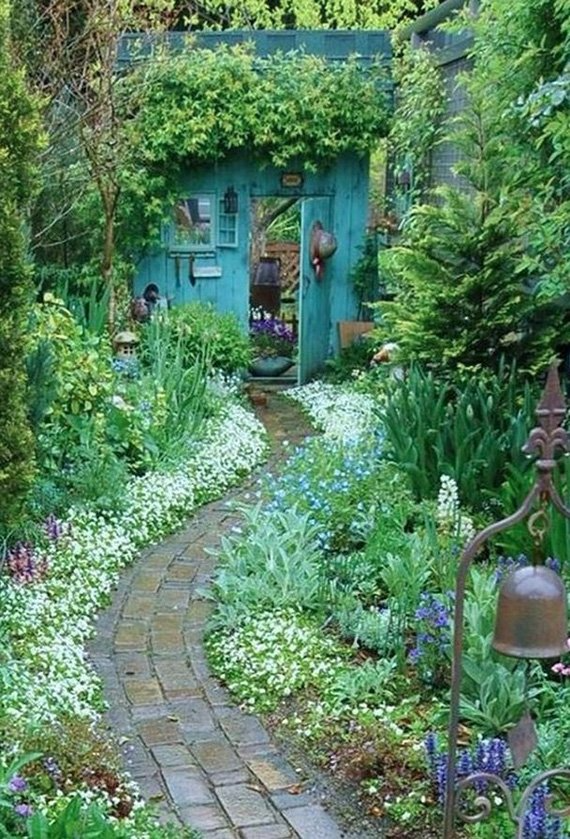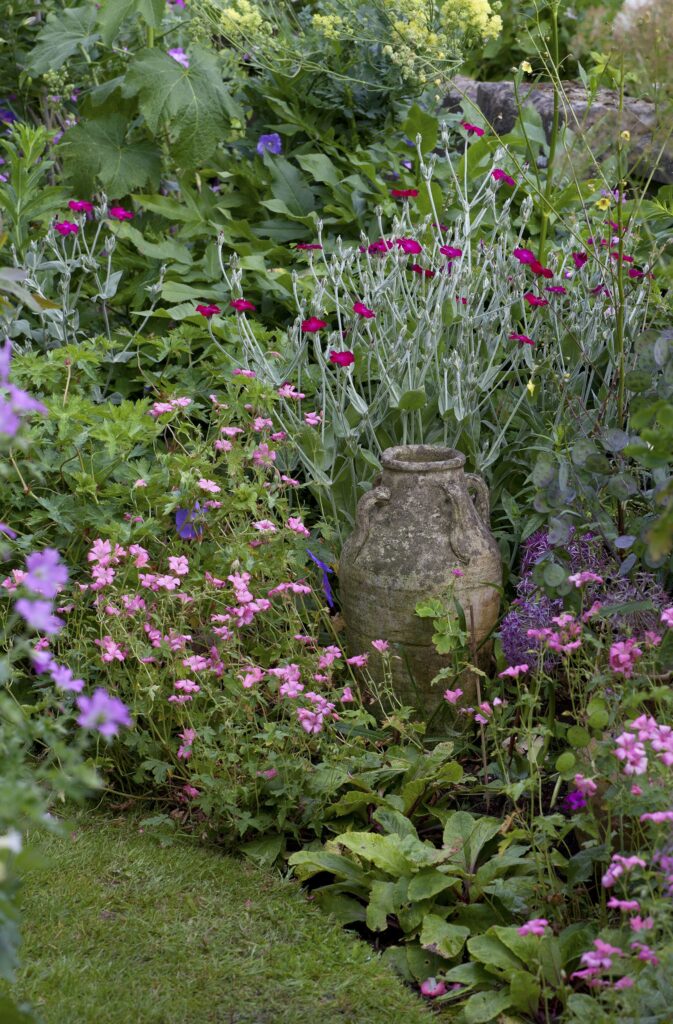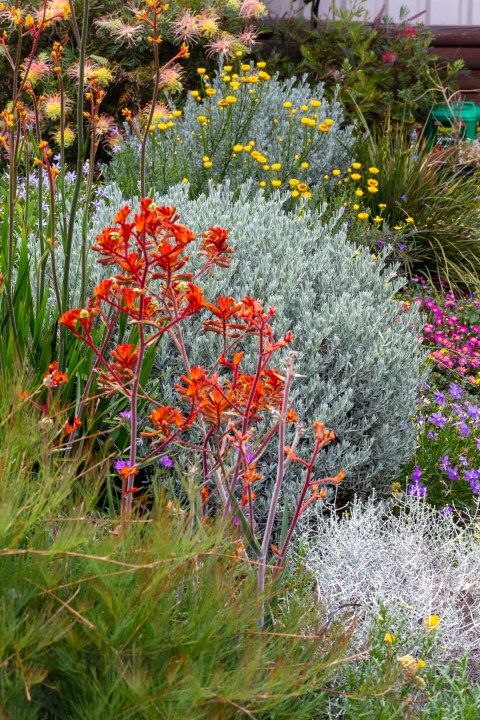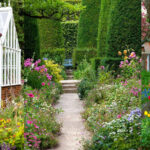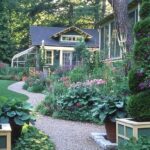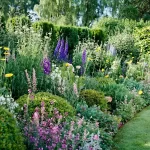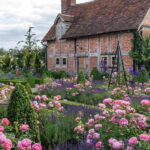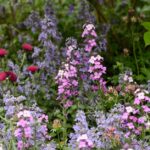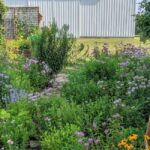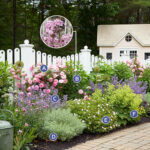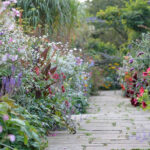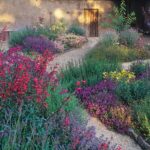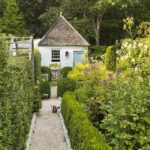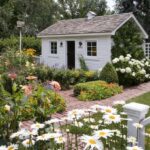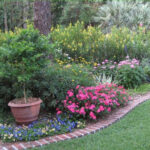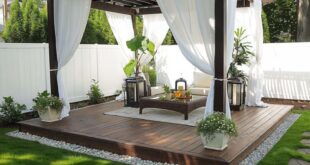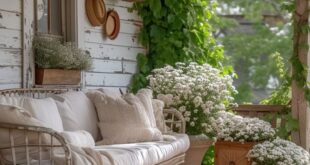Cottage gardens are a charming and whimsical style of gardening that has been popular for centuries. Originating in England during the Victorian era, cottage gardens were created by peasants who needed to grow their own fruits, vegetables, and herbs on limited land. These gardens were known for their informal design, mix of plants, and abundant blooms.
One of the key features of a cottage garden is its relaxed and informal layout. Unlike formal gardens that are meticulously planned and symmetrical, cottage gardens have a more whimsical and spontaneous feel. Plants are often allowed to grow freely and there is a mix of different types of flowers, herbs, and vegetables all growing together in a harmonious blend.
Cottage gardens are also known for their abundant blooms. Flowers such as roses, daisies, lavender, and hollyhocks are commonly found in cottage gardens, creating a riot of color and fragrance. These gardens are designed to attract bees, butterflies, and other pollinators, making them not only beautiful but also beneficial to the local ecosystem.
In addition to flowers, cottage gardens often include herbs and vegetables. Plants like mint, parsley, thyme, and basil are commonly grown alongside flowers, creating a functional and beautiful space. Vegetables such as tomatoes, cucumbers, and beans are also commonly found in cottage gardens, providing a source of fresh produce for the gardener.
Cottage gardens are designed to be low-maintenance and easy to care for. Because of their informal design, plants are often allowed to self-seed and spread freely, reducing the need for constant pruning and maintenance. This makes cottage gardens a great choice for busy gardeners who want a beautiful and productive garden without spending hours on upkeep.
Overall, cottage gardens are a delightful and charming style of gardening that celebrates nature’s beauty in all its forms. Whether you have a small plot of land or a sprawling backyard, a cottage garden can add a touch of whimsy and romance to your outdoor space. With their mix of flowers, herbs, and vegetables, cottage gardens are not only beautiful to look at but also provide a place for relaxation, contemplation, and connection to the natural world.
